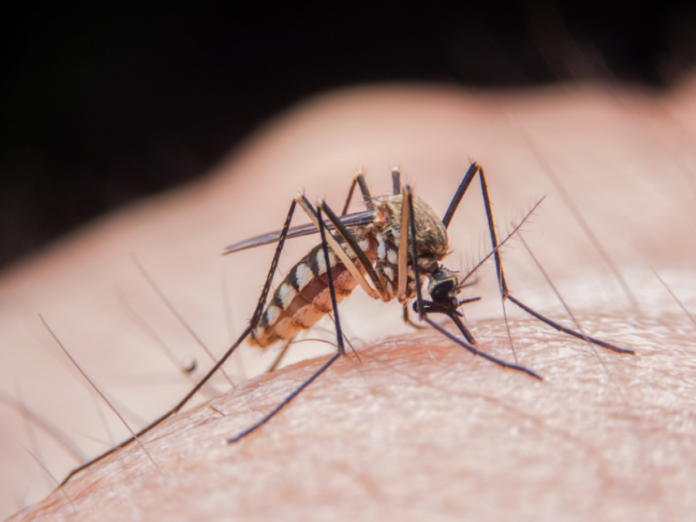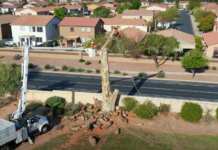
Pinal County Public Health has 22 West Nile virus cases currently under surveillance. The average since 2016 is five case per season.
There have been no fatalities in Pinal County thus far, but according to the Arizona Department of Health Services, there have been eight deaths around the state. Older citizens are at greater risk from the disease, and the average age of cases in Arizona is 62. Residents from 22 to 91 years old have reported cases in Pinal County.
West Nile virus is most commonly spread to people by the bite of an infected mosquito. Cases of WNV occur during mosquito season, which starts in the summer and continues through fall. This season, with monsoon rains occurring early and continuing through a storm last weekend, WNV activity in Arizona unusually high.
Typically, 60%-70% of people infected with WNV do not experience symptoms, but all cases reported in Pinal County so far have been symptomatic. WNV can cause a mild illness that lasts for a few days or a more serious condition that affects the central nervous system. The risk of developing a more serious disease increases with age, immune status and presence of comorbidities.
Pinal County Health is urging anyone who has had recent mosquito exposure and is experiencing symptoms of fever, fatigue, joint pains, stiff neck or altered mental state to consult their healthcare provider.
The agency offers steps to help avoid having mosquitoes breed in residential areas:
- Remove standing water, even in flowerpots and dog bowls.
- Keep swimming pools operable.
- If you must be outside when mosquitoes are present (they are most active at dawn and dusk), wear long-sleeve clothing and an EPA-approved and CDC-recommended mosquito repellant such as DEET or picaridin.
The Environmental Health Division conducts mosquito monitoring throughout Pinal County with a focus on trapping, identifying and testing mosquitoes in the populated areas most at risk for WNV. While not all mosquitoes can spread WNV, mosquito surveillance has shown an abundance of vector mosquito activity throughout the central and western portions of Pinal County.
Mosquito fogging occurs based on that surveillance, not on complaint activity. Pinal County Environmental Health’s abatement activity is expected to continue through the end of the season.
More information is available at the county’s Mosquito Hotline at 520-866-6200 or at https://www.pinalcountyaz.gov/publichealth.

















![Elena Trails releases home renderings An image of one of 56 elevation renderings submitted to Maricopa's planning department for the Elena Trails subdivison. The developer plans to construct 14 different floor plans, with four elevation styles per plan. [City of Maricopa]](https://www.inmaricopa.com/wp-content/uploads/2024/04/city-041724-elena-trails-rendering-100x70.jpg)